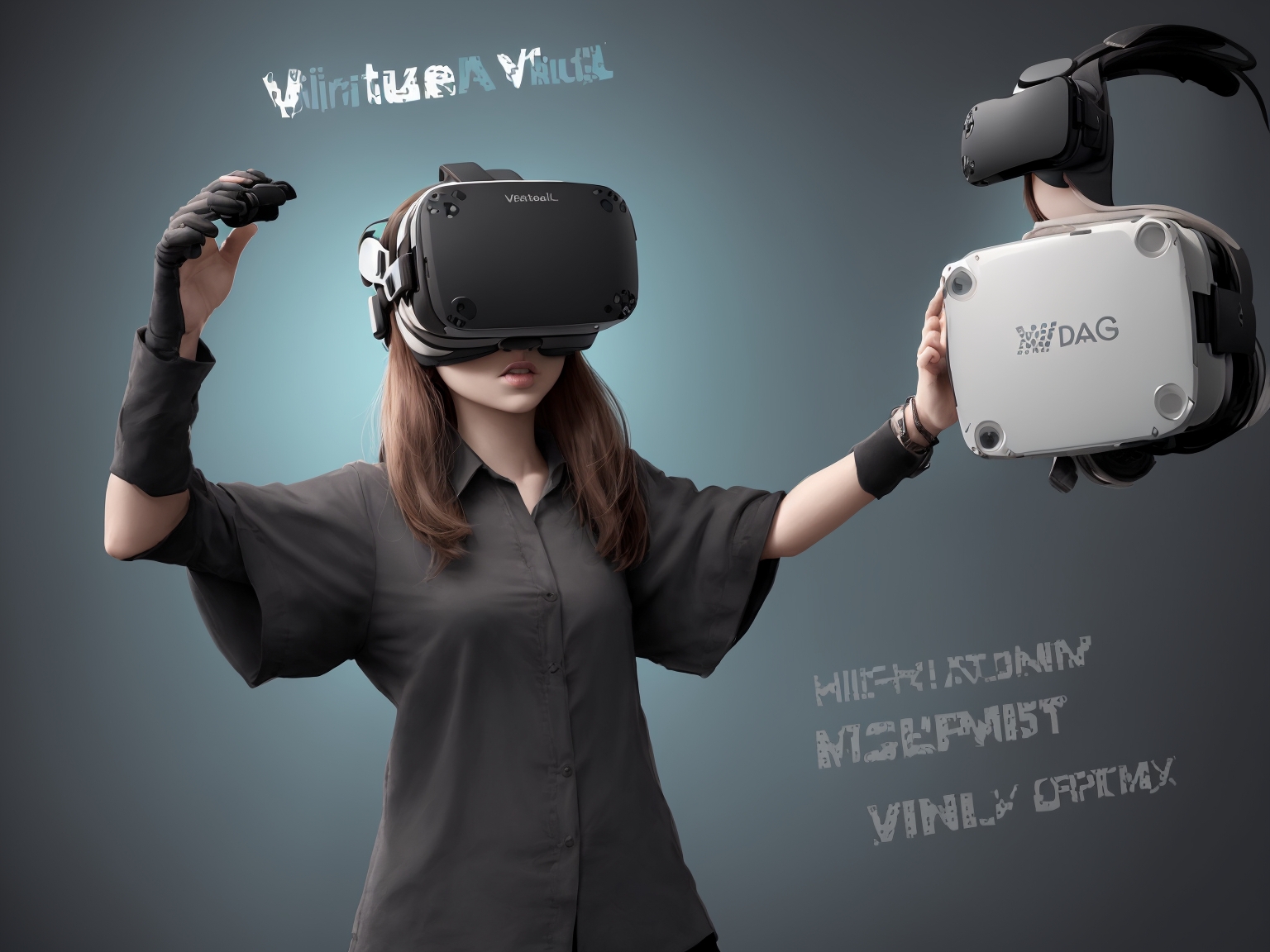# Mastering Virtual Reality App Development: A Comprehensive Guide
Welcome to our deep dive into the fascinating world of **Virtual Reality (VR) app development**! If you’re reading this, chances are you have a passion for technology and a keen interest in pushing the boundaries of digital innovation. This blog post aims to provide an enlightening journey through the intricacies of VR app development, equipping you with the essential knowledge required to create immersive, captivating experiences.
## Understanding Virtual Reality App Development
– **What is Virtual Reality (VR)?**
– Interactive, computer-generated simulations designed to replicate real or imagined environments
– **Why VR App Development Matters**
– Offers unparalleled immersion and interaction, transforming industries such as gaming, education, healthcare, and more
– **The Role of VR in Today’s Digital Landscape**
– Rapidly evolving technology shaping the future of how we consume content, collaborate, and learn
## Essential Tools for VR App Development
1. Unity & Unreal Engine: Two powerful game engines for creating VR experiences
2. Oculus SDK, SteamVR SDK, & Google VR SDK: Integral development kits for popular VR hardware
3. Blender & Maya: Powerful 3D modeling software for designing captivating virtual worlds
## Steps in VR App Development
1. **Conceptualization**: Ideate and refine your VR app concept, identifying its purpose, target audience, and key features
2. **Design**: Create 3D assets, user interfaces, and prototypes for a seamless user experience
3. **Development**: Implement the app’s logic using chosen development tools and SDKs
4. **Testing & Iteration**: Test your VR app on various devices to identify bugs and areas for improvement, then iterate as needed
5. **Optimization**: Ensure your app runs smoothly by optimizing performance and reducing any bottlenecks
6. **Deployment**: Publish your finished VR app to relevant platforms (e.g., Oculus Store, Steam)
## FAQs
**Q1: What programming languages are typically used in VR development?**
A1: C# for Unity and C++ for Unreal Engine are commonly used for VR app development, although JavaScript is also supported by Unity through its beta WebGL support.
**Q2: How can I ensure my VR app runs smoothly on different devices?**
A2: Perform thorough testing across various hardware and software configurations to identify compatibility issues and optimize your app accordingly.
**Q3: What are some common challenges faced during VR app development?**
A3: Challenges can include achieving smooth performance, minimizing motion sickness, and ensuring intuitive user interfaces.
## Conclusion
Virtual reality app development opens the door to a world of endless possibilities, bridging the gap between imagination and reality. By mastering the skills necessary for VR app creation, you’ll not only be at the forefront of technological advancement but also contribute to shaping the future of digital experiences. Embrace this exciting journey, and who knows – your groundbreaking VR app might just revolutionize an industry!
Stay curious, keep innovating, and remember that every new adventure begins with a single step forward into the virtual world. Happy coding!

Leave a Reply